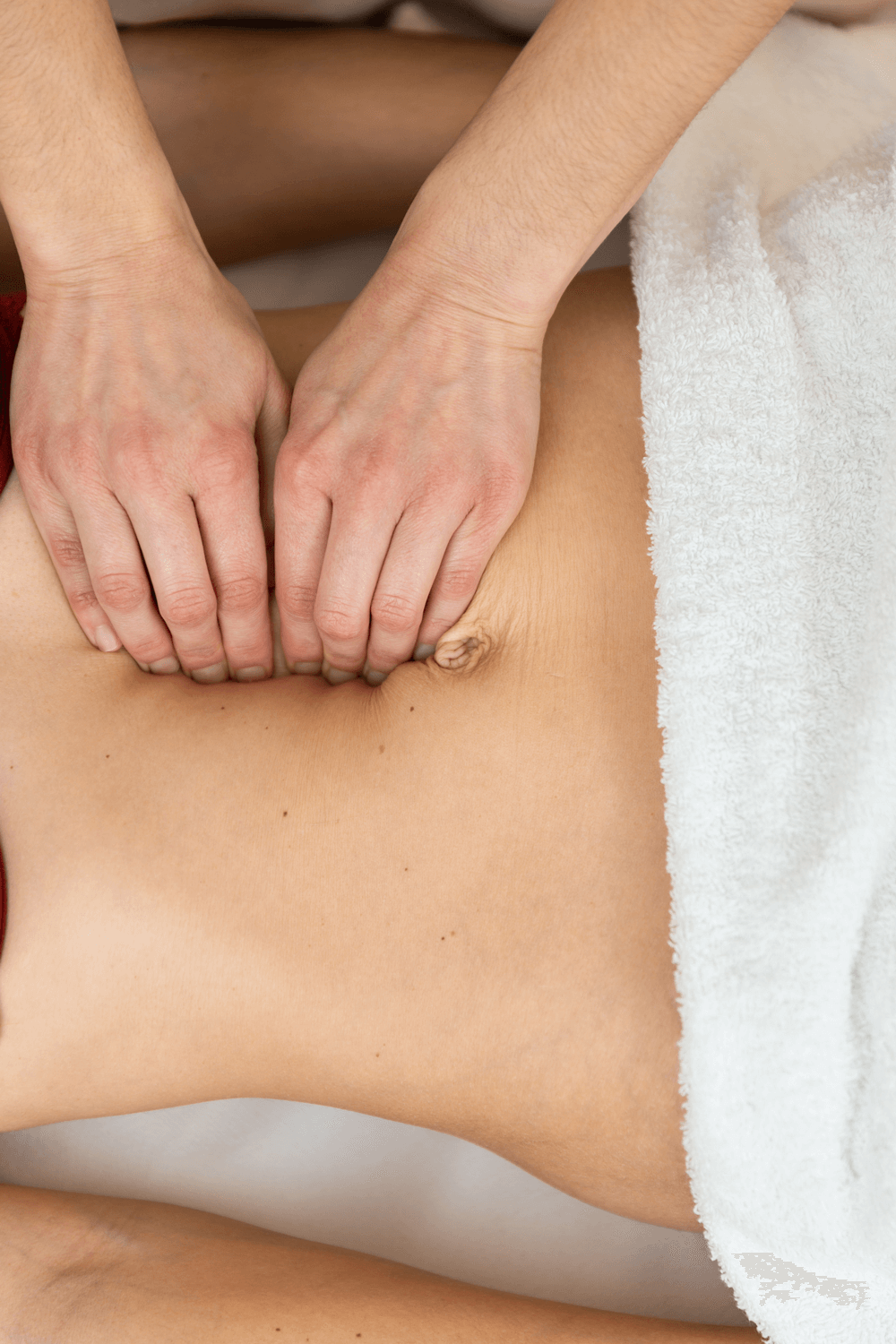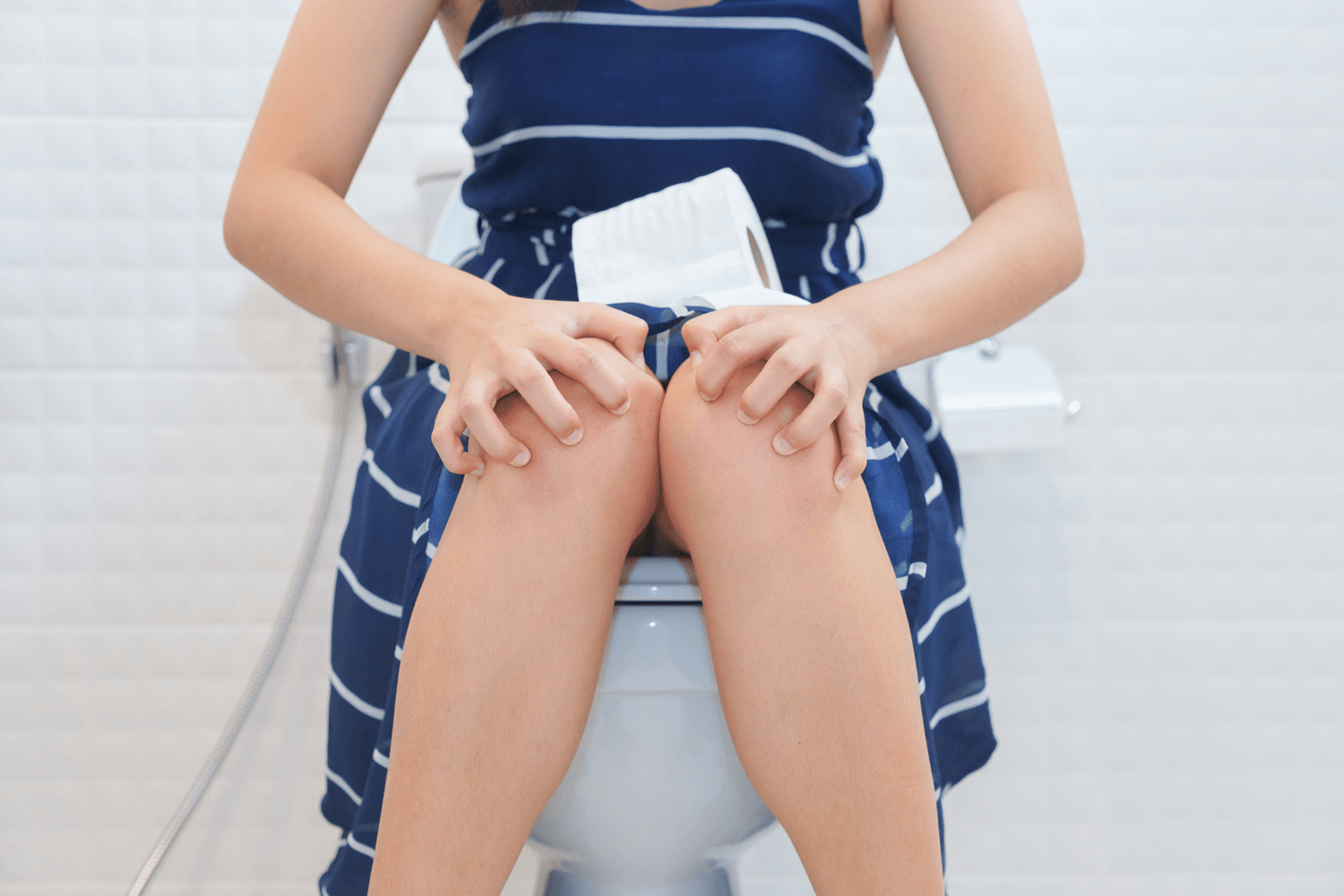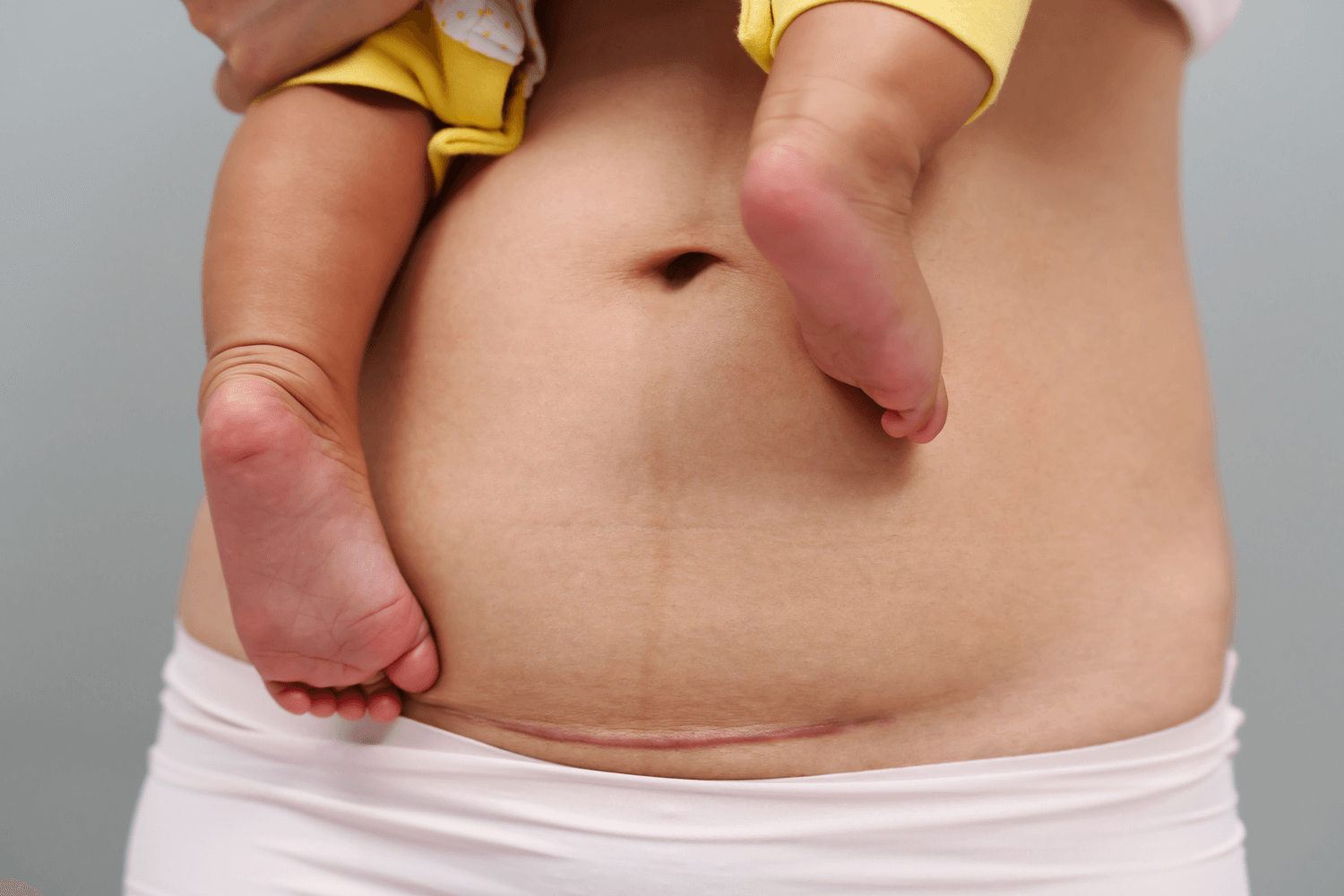Our Physical Therapy Services
Pregnancy management
Pelvic floor physical therapy can be helpful during all trimesters of pregnancy because it targets the muscles, ligaments, and connective tissues that undergo significant change and strain during pregnancy and childbirth. Here at Skylark, our training makes us particularly qualified to guide you in an appropriate strengthening program, manage symptoms of pressure and pain, optimize posture, and prepare you and your pelvic floor for childbirth.
-
Childbirth prep
Pregnancy-related pain
Back pain
Pubic symphysis pain (SPD)
Sacroiliac pain
Round ligament pain
Sciatica
Hip/groin pain
Postpartum recovery
Pelvic floor physical therapy plays a crucial role in postpartum recovery by helping the body heal from the physical stresses of pregnancy and childbirth. Here at Skylark, we are ready to jump into the trenches with you as you re-establish core and pelvic floor strength, resolve sensations of pressure or pelvic organ prolapse, address urinary incontinence, increase your ability to hold back gas again (when needed), heal painful or sensitive tissues like perineal tears or C-section scars, or manage bowel issues.
-
Vaginal births
C-section births
Painful sex/return to intimacy
Diastasis recti abdominis (DRA)
Pelvic organ prolapse
Pelvic floor muscle strengthening & wellness
Postpartum-related pain
Pelvic/groin pain
Sacroiliac pain
Low back pain
Upper/mid back pain
Hip pain
Sciatica
Coccydynia/tailbone pain
Bladder issues
Urinary incontinence
Urinary urgency & frequency
Incomplete voiding
Bowel issues
Constipation
Fecal incontinence
Gas incontinence
Painful evacuation
SKYLARK PELVIC HEALTH
SKYLARK PELVIC HEALTH
Urinary issues
Pelvic floor physical therapy addresses urinary dysfunction by targeting the muscles, nerves, and connective tissues involved in bladder control and function. At Skylark, we have extensive knowledge in muscle coordination, strength, and overactivity or tension, which can create common problems like urinary incontinence and urgency. In addition to manual treatment, therapeutic exercise, and neuromuscular re-education, our therapy can include bladder retraining which will give you the tools and information to establish a healthy bladder routine.
-
Urinary incontinence
Urinary urgency
Daytime frequency
Nighttime frequency
Overactive bladder
Prolapse/cystocele/urethrocele
Interstitial cystitis/painful bladder syndrome
UTI-like symptoms
Pelvic pain
Pelvic floor physical therapy helps to treat pelvic pain by addressing the underlying muscular, nerve-related, and postural causes of discomfort in the pelvic region. Pelvic pain is often caused by tight, spasming, or overactive pelvic floor muscles, for which we can apply manual therapies such as trigger point release, myofascial release, and internal massage to reduce muscle tension and pain. Tight and painful muscles in the low back, hips, thighs, and abdomen are also frequent factors which can be addressed manually.
-
Beyond hands-on techniques, Skylark recognizes it’s imperative to address muscle coordination and strength imbalances that can perpetuate pain symptoms. We also specialize in nerve involvement, which can lead to nerve irritation or entrapment and cause sharp, burning, or radiating pain. We understand how significantly pelvic pain can limit your functional and recreational activities, and we feel passionately about helping you to re-establish your quality of life so you can do the things you love.
-
Painful sex
Interstitial cystitis/painful bladder syndrome
Chronic pelvic pain
Pelvic pressure or heaviness
Vaginismus
Endometriosis
Peri and post menopausal pain and/or atrophy
Vulvodynia/vestibulodynia/vestibulitis
Levator ani syndrome
Proctalgia fugax
Coccydynia/tailbone pain
Pudendal neuralgia
Sacroiliac, low back, and hip pain
Bowel issues
Pelvic floor physical therapy can be highly effective in treating bowel dysfunction by addressing the muscles, nerves, and coordination involved in bowel movements. Skylark can help with factors such as anal sphincter control and tone, strength difficulties, relaxation and contraction during defecation, bowel retraining, and healthy bowel habits that support complete and optimal bowel emptying. We know these topics can be intimidating to discuss but rest assured, we’ve heard it all, and we feel passionately about normalizing the bowel issues so many of us experience but simply don’t talk about!
-
Constipation
Prolapse/rectocele
Fecal urgency
Fecal incontinence
Painful hemorrhoids
Anal fissures
Abdominal pain/bloating
Dyssynergic defecation
SKYLARK PELVIC HEALTH
SKYLARK PELVIC HEALTH
Peri and post menopause
During and after menopause, the body undergoes hormonal shifts, particularly a decline in estrogen, which can lead to thinning vaginal tissues, decreased muscle tone and elasticity, increased risk of urinary and fecal incontinence, pelvic organ prolapse, pain with sex, bladder urgency and frequency, more frequent UTIs, and constipation or bowel changes. Here at Skylark, we are deeply committed to being your guide as you manage the muscular, hormonal, and structural changes that underlie this challenging time for your body.
-
Painful sex
Difficulty achieving orgasm
Genitourinary syndrome of menopause (GSM)
Urinary urgency
Daytime urinary frequency
Nighttime urinary frequency
Frequent UTIs
Vaginal atrophy
Urinary or fecal incontinence
Constipation
Pre and post operative
Pelvic floor physical therapy plays a crucial role in both preoperative and postoperative care for surgeries involving the pelvis, and we feel passionately about optimizing your surgical outcomes. Before surgery, we can identify hidden issues such as tightness, weakness, and poor coordination that can cause a more complicated recovery. After surgery, we can help address scar tissue, pain or sensitivity, strength or coordination issues, and empower you on topics like toileting, positioning, and body mechanics to improve your outcomes.
-
C-section
Prolapse repair
Hysterectomy
Colorectal or urogynecologic
Endometriosis excision
Prostatectomy
Abdominoplasty














